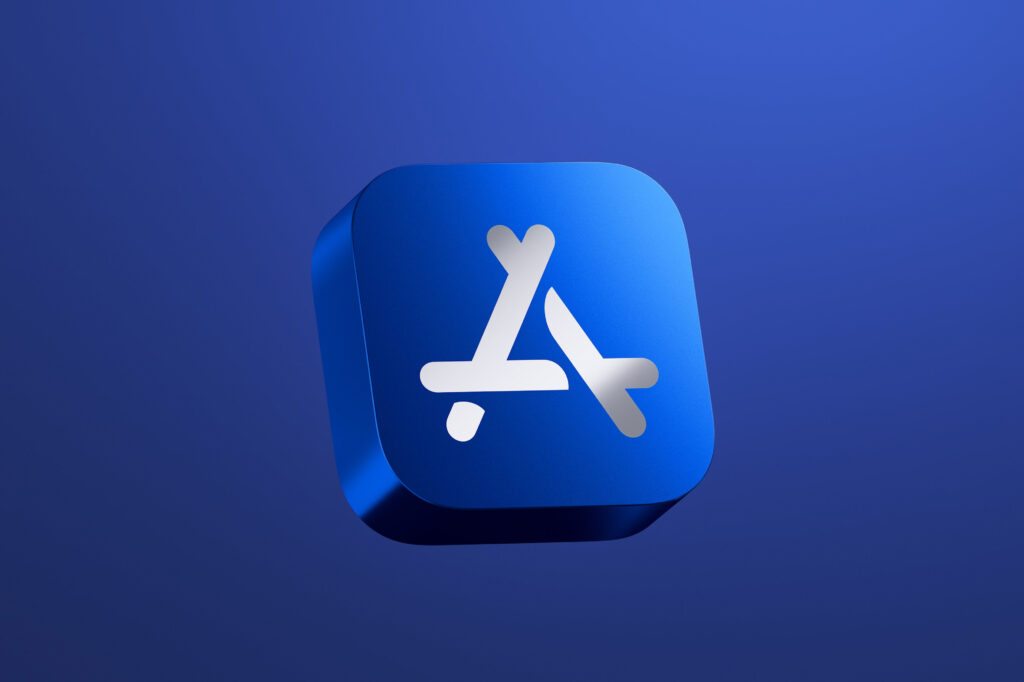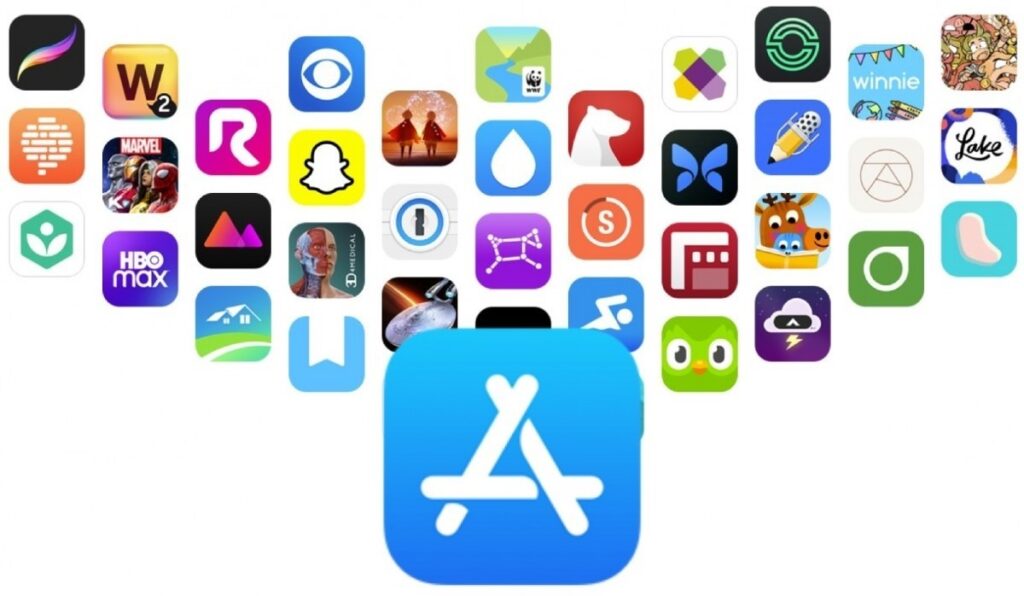
Despite its size, Apple is bound by laws established by governing bodies. The most recent iPhone 15 Series integrates a USB Type-C port, a decision partly influenced by an EU mandate necessitating electronic devices to incorporate USB-C. There’s now a possibility that Apple will need to comply with another EU law aimed at ensuring fairness in the digital app market. This law might challenge Apple’s policy of exclusively hosting new apps through its official App Store.
Apple’s Plan to Enable Side-Loading for iPhone Apps in the EU by 2024
The recent report from Bloomberg’s Mark Gurman suggests that Apple is poised to introduce a “highly controlled system” that would enable iPhone users within the EU to install apps from sources beyond the Apple App Store. This shift might take effect as early as the first half of 2024.
The impetus behind this change lies in the Digital Markets Act (DMA), a major EU law prompting Apple to reconsider its policies. The DMA seeks to foster “fairer and more competitive digital markets“, defining specific criteria to identify companies deemed ‘gatekeepers.’
The DMA, implemented in 2022, prohibits ‘Gatekeepers’ from maintaining closed-off services like the App Store without allowing competition. This has sparked ongoing speculation about the possibility of side-loading being introduced on iPhones.

Recent reports indicate that Apple might also adjust the functionality of its Messaging and payment apps on iOS devices. While MacRumors suggests this could happen through a localized iOS 17 update, there’s speculation that the change might debut with iOS 18, potentially at the annual WWDC event. The exact iOS update that will incorporate these modifications remains unclear, and further updates will follow as the situation unfolds.
Sideloading refers to the capability of installing apps from sources other than official app stores. While commonly associated with iOS jailbreaks, it’s also been feasible to sideload apps and tweaks on iOS devices without the need for jailbreaking.
Apple’s Perspective on Side-Loading Apps
Apple’s perspective on side-loading apps has been consistently cautious, primarily citing security concerns. Craig Federighi and Tim Cook’s statements reflect this stance, highlighting the potential risks associated with sideloading, such as increased exposure to cyber threats.

The implementation of a “highly controlled system” for side-loading, as suggested by Gurman’s report, aims to address security while allowing for expanded app sources. However, the actual safety and functionality of this system will need observation once introduced, especially considering Apple’s traditionally stringent ecosystem.
The debate around side-loading on iPhones is complex, balancing security with user freedom. Whether this change could expand to other regions and become a global shift remains uncertain. What’s your take on this potential shift in Apple’s approach to app sources? Share your thoughts in the comments section.

0 Comments